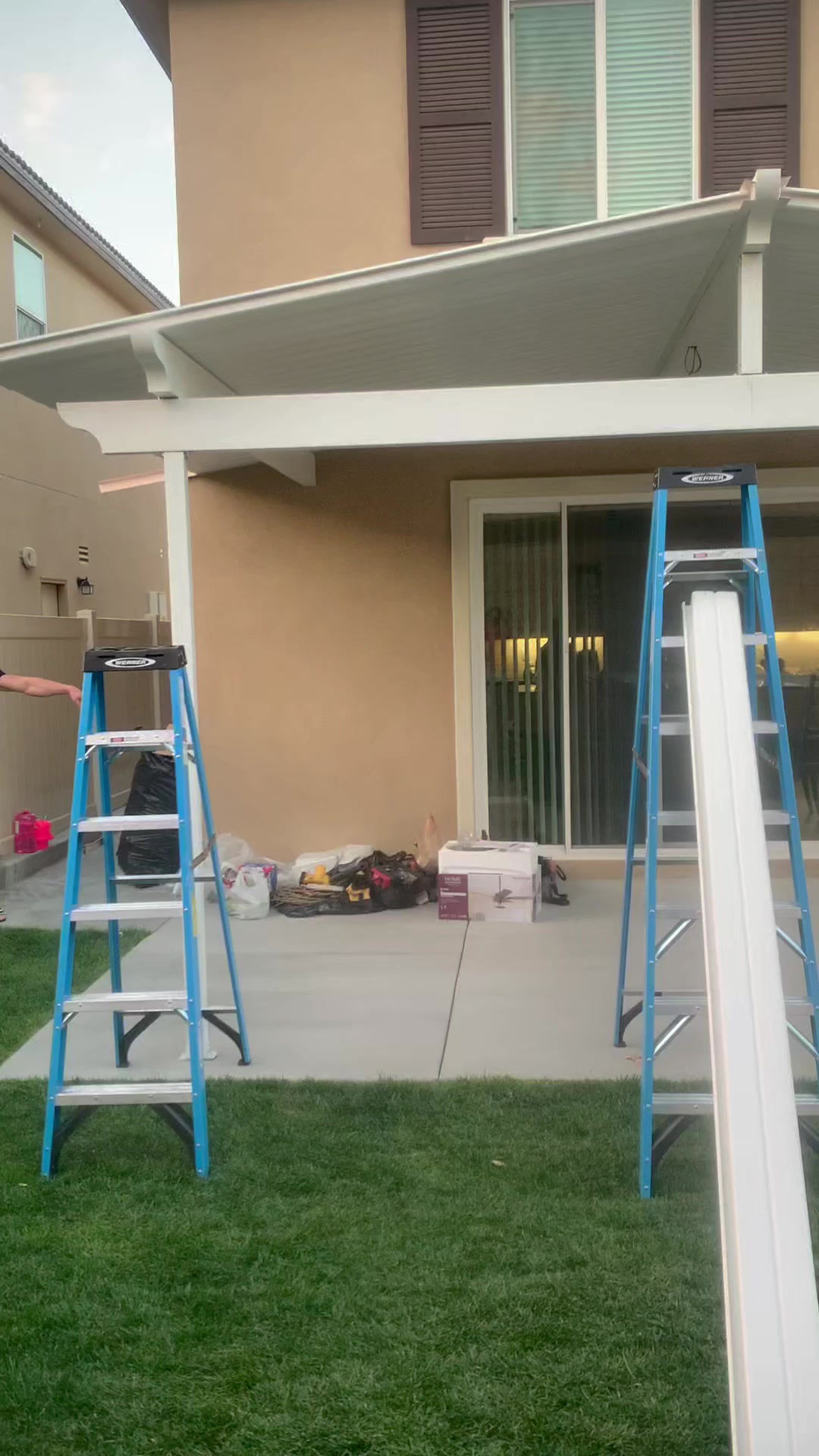Bad contractors can turn your construction dreams into a nightmare. If you find yourself in this unfortunate situation, it's crucial to act strategically to protect your investment and sanity.
- inhome renovation
- May 22, 2025
- 2 min read
1. Document Everything: From the first sign of trouble, start meticulously documenting everything. This includes dates, times, specific issues, conversations (who you spoke to, what was discussed), photos, videos, emails, and text messages. This evidence will be invaluable if you need to escalate the issue.
2. Review Your Contract: Your contract is your legal blueprint. Re-read it carefully to understand the terms, scope of work, payment schedule, and dispute resolution clauses. Identify any breaches of contract by the contractor.
3. Communicate Clearly and Formally: Don't rely solely on verbal communication. Send formal written communications (emails are generally acceptable, but certified mail can be useful for very serious issues) outlining your concerns and requesting specific actions. Be clear, concise, and professional.
4. Attempt Resolution: Before taking drastic measures, try to resolve the issues directly with the contractor. Schedule a meeting to discuss your concerns and propose solutions. Sometimes, miscommunication or a genuine oversight can be rectified.
5. Consider Withholding Payment (Carefully!): If the contractor is not fulfilling their obligations, you may consider withholding further payments. However, proceed with extreme caution and only after consulting with a legal professional. Improperly withholding payment can put you in breach of contract.
6. Seek Professional Mediation: If direct communication fails, consider a neutral third-party mediator. They can help facilitate discussions and find common ground for resolution without resorting to litigation.
7. File a Complaint:
* State Licensing Board: If your contractor is licensed, file a complaint with your state's contractor licensing board. They have the power to investigate and take disciplinary action.
* Better Business Bureau (BBB): While they don't have enforcement power, a complaint with the BBB can put pressure on the contractor and create a public record.
* Consumer Protection Agencies: Your state or local consumer protection agencies may also be able to offer assistance or guidance.
8. Consult an Attorney: If all else fails, or if the situation is severe (e.g., significant financial loss, safety hazards), it's time to consult with an attorney specializing in construction law. They can advise you on your legal options, including filing a lawsuit.
Prevention is Key: To avoid these headaches in the future, always vet contractors thoroughly. Check references, verify licenses and insurance, get multiple bids, and have a detailed, written contract before any work begins.


Comments